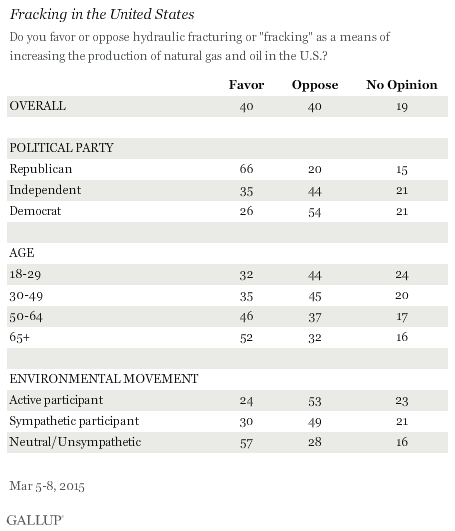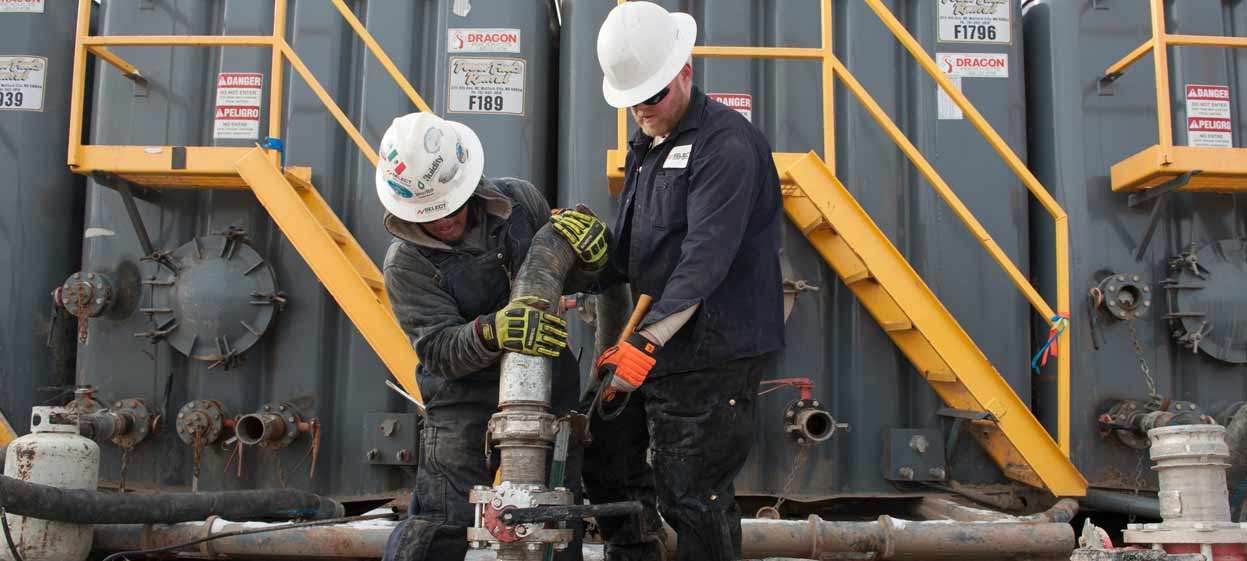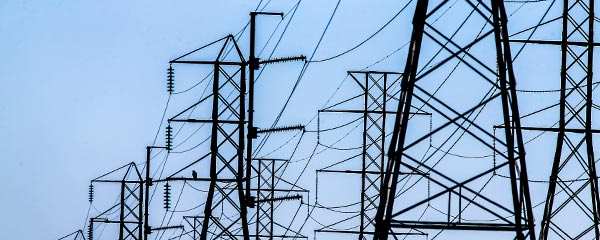Story Highlights
- 40% support fracking; 40% oppose it
- Older Americans favor fracking more, younger Americans opposed
- Republicans solidly support fracking, Democratic support low
WASHINGTON, D.C. -- The practice of hydraulic fracturing, or "fracking," has emerged as a divisive issue across the U.S., reflected in Americans' opinions about it; 40% of Americans say they favor the procedure, while 40% oppose it, and a substantial 19% do not have an opinion. This is amid the Obama administration last week announcing the first nationwide safety rules for fracking.

Fracking is a process of drilling and injecting fluid into the ground at high pressures to fracture shale rocks and release natural gas inside. Developed in the 1940s, fracking became much more widespread in the late 1980s, when oil operators began drilling horizontally, using hydraulic fracturing. In the 1990s, fracking was introduced into shale formations, and it is this practice on a massive commercial scale that is employed throughout the U.S. today. Many credit fracking with contributing to the current "oil boom," which has helped dramatically ramp up the production of oil in the U.S., and the U.S. even passing Saudi Arabia as the world's largest oil producer. It is also being denounced by environmentalists as causing potential hazards, such as water table pollution and earthquakes.
This Gallup survey was taken March 5-8, before the U.S. Interior Department unveiled new rules regarding fracking on federal lands and Indian territories, but as the debate rages in states such as New York, Pennsylvania and Oklahoma.
The survey asked Americans whether they favor or oppose "hydraulic fracturing or 'fracking.'" The survey did not further define the process, list pros or cons or measure the degree to which the public has been following the issue. But eight in 10 Americans are willing to give an opinion, with the results split evenly, along with 19% who explicitly said they didn't have an opinion.
Views of fracking are partisan, underscoring the degree to which the fracking debate has become part of today's highly divided political environment. A solid majority of Republicans (66%) support fracking, while 20% oppose it. On the Democratic side, opposition is twice as great as support, 54% to 26%. Independents are more likely to oppose (44%) than to favor (35%) the practice, with 21% having no opinion.
Support for fracking is higher among older than younger Americans, which can partly be explained by the relationship between age and partisanship (younger Americans are more likely to identify as Democrats). More than half (52%) of Americans aged 65 and older support fracking, but this support drops to only 32% among 18- to 29-year-olds. Middle-aged Americans are closer to the overall nationwide split on fracking, with those aged 30 to 49 slightly opposing fracking, and Americans aged 50 to 64 slightly favoring the method.
The poll also measures Americans' environmentalism by asking if they are active participants in, or sympathizers to, the "environmental movement." There is a relationship between self-identified environmentalism and opinions about fracking. Twenty-four percent who say they are an "active participant" in the environmental movement favor fracking, 30% who say they are "sympathetic" to this movement (but not active in it) are in favor of fracking, while 57% who would consider themselves "neutral or unsympathetic" to the movement are in favor of the practice.
Bottom Line
Fracking has helped contribute to a substantial increase in natural gas and oil production across the U.S., and now in other parts of the world, and is credited with helping lower its price for the average consumer. At the same time, environmentalists see fracking as harmful to the environment, and the ensuing debate has roiled cities and states that this type of oil production has affected. For instance, Texas is considering "pre-emptive" bills in the state legislature to undo local fracking bans because of the jobs and revenue that hydraulic fracturing is creating. After New York Gov. Andrew Cuomo ordered a ban on fracking in New York last December, some towns in the southern tier of the state, near Pennsylvania where fracking is legal, have threatened to secede from New York because they are missing out on oil revenues from fracking.
These events and countless other local incidents have played into the debate of whether fracking is acceptable in today's America. Opponents of fracking point to a multitude of earthquakes in Oklahoma -- 585 in 2014, more than the last 35 years combined -- as a reason to oppose the procedure. And a report last year stated that Americans who live near oil and gas drilling wells are exposed to fracking-related air pollution in the form of chemicals such as benzene and formaldehyde.
As of now, the public is split evenly in support and opposition of fracking, and as the debate continues, it will be interesting to see if one point of view begins to grab the upper hand in Americans' minds.
Survey Methods
Results for this Gallup poll are based on telephone interviews conducted March 5-8, 2015, with a random sample of 1,025 adults, aged 18 and older, living in all 50 U.S. states and the District of Columbia. For results based on the total sample of national adults, the margin of sampling error is ±4 percentage points at the 95% confidence level.
Each sample of national adults includes a minimum quota of 50% cellphone respondents and 50% landline respondents, with additional minimum quotas by time zone within region. Landline and cellular telephone numbers are selected using random-digit-dial methods.
View complete question responses and trends.
Learn more about how Gallup Poll Social Series works.

